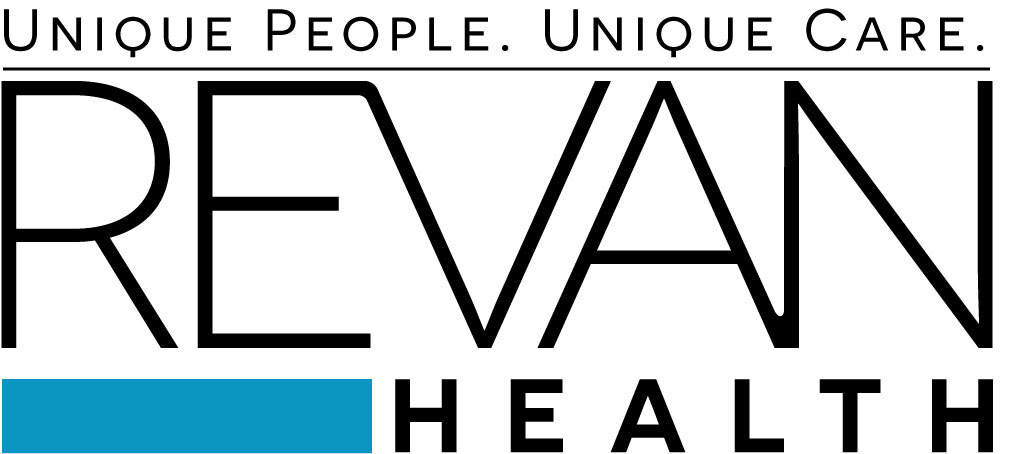It seems like the news about wildfires is never-ending. No matter where they are on Earth, the smoke can travel across the globe, bringing numerous adverse health effects along with it. The smoke can grow to at least five miles in the atmosphere and once it’s there, it tends to hang together in that stable air. Jet streams then pick it up, with the ability to spread it across thousands of miles.
The most recent fires in Canada caused an orange hazy glow to settle around New York and down the East Coast, drifting as far as the Gulf of Mexico, causing cities to issue warnings about air quality. People as far as Norway have reported experiencing hazy skies and smelling smoke.
But what does all this mean for our bodies? The closer you are to the smoke, the greater the impact it will have on your health, especially your lungs. People with asthma, Chronic Obstructive Pulmonary Disease (COPD), or heart disease are at particular risk. So are pregnant people, children and people who work trying to tame the fires.
Symptoms of smoke inhalation can start immediately and can include:
· Coughing
· Breathing trouble
· Wheezing
· Worsening of asthma and asthma attacks
· Burning eyes
· Scratchy or dry throat
· Runny nose
· Sinus issues
· Fatigue
· Headache
· Chest pain
· Elevated heart rate
What can you do to avoid being affected by wildfire smoke? There are a few simple steps you can take to protect yourself and anyone with any of the conditions listed above.
1. Check your local weather forecast for the air quality report. Likely, it won’t be mentioned if it isn’t an issue but with the increase in wildfires, more people are being affected and more meteorologists are adding an air quality index into the regular forecast.
2. Wear a mask for any outdoor activities to help filter out the smoke. The KN95 filters out 95% of particles and was the most preferred mask for filtering out environmental pollutants long before COVID. People who work on projects that create dust, such as sanding down drywall have long worn these masks for protection.
3. When air quality is bad, cancel outdoor activities for the day. Unfortunately, unlike sometimes happens with extreme heat, the air quality will not dissipate over the course of the night.
4. Try to maintain clean, cool rooms with filtered/fresh moving air whenever possible. You can filter air through either window units or central AC. It doesn’t take much power to push air through the filter of a central AC by running just the fan. Window units can be safe to run if using the correct setting, and as long as they don’t draw air in from outside. Make sure to change filters regularly to ensure you’re moving clean air around.
5. Consider an air purifier. If that seems cost prohibitive, there are online tutorials that show you how to make one with a standard box fan and a central AC filter to capture and purify air.
6. Know your limitations. If you have orders to carry rescue inhalers or EpiPen, always keep them on you. You are more likely to have an acute attack when smoke is in the air.
Even if you don’t live super close to an area where wildfires happen, your health and well-being can still be adversely affected. Hopefully, with these precautionary measures, we can limit the damage.
Revan Health provides welcoming, respectful family medicine for all from infants to geriatrics. We understand the pain and frustration that comes with not feeling heard by your family care provider. We believe access to respectful care is key to improving medicine adherence and overall life satisfaction for our patients. Like us on Facebook or visit us at revanhealth.com.
